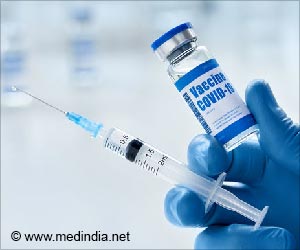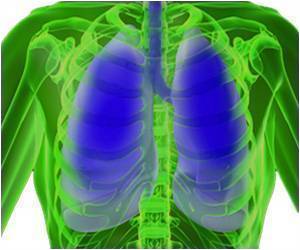, effectiveness against these variants climbed to 80 percent within the first six months. Data is not yet available for effectiveness after six months.
Effectiveness of the Second Booster Shot
The study looked at the effectiveness of the second booster in reducing COVID Omicron BA.1 and BA.2/BA.2.12.1 related hospitalizations and emergency department (ED) visit and found the shot protected against both hospitalizations and ED visits.
Advertisement
“The findings of this study are important because they answer a question that many people are asking: Should I get the second booster shot? The data clearly show that a second booster significantly increases vaccine effectiveness against these variants — which while no longer dominant in many areas, are still present,” said study co-author Shaun Grannis, M.D., M.S., vice president for data and analytics at Regenstrief Institute and professor of family medicine at Indiana University School of Medicine.
“As we go into the fall, when viruses typically pick up, we want to encourage people eligible for a second booster to be proactive and strongly consider getting one because it will provide greater protection. It will reduce the need for COVID-19-related emergency department visits and hospitalizations.”
“From a population health perspective, the protection supplied by the second booster helps ensure that healthcare resources are capable of responding to the full spectrum of medical needs, reducing the chance of overwhelming health systems with COVID-19-related disease.”
Current CDC recommendations for a second booster (fourth shot of the vaccine) for people 50 and older and for moderately or severely immunocompromised individuals 12 and older.
“Effectiveness of 2, 3, and 4 COVID-19 mRNA vaccine doses among immunocompetent adults during SARS-CoV-2 Omicron BA.1 and BA.2/BA.2.12.1 sublineage periods – VISION Network, 10 states, December 2021-June 2022” is published in the CDC’s Morbidity and Mortality Weekly Report.
The U.S. Centers for Disease Control and Prevention (CDC) collaborated with seven U.S. healthcare systems plus the Regenstrief Institute, to create the VISION network to assess COVID-19 vaccine effectiveness.
In addition to Regenstrief Institute, other members are Columbia University Irving Medical Center, HealthPartners, Intermountain Healthcare, Kaiser Permanente Northern California, Kaiser Permanente Northwest, University of Colorado and Paso Del Norte Health Information Exchange (PHIX). Regenstrief contributes data and expertise to the VISION Network.
Source: Eurekalert



